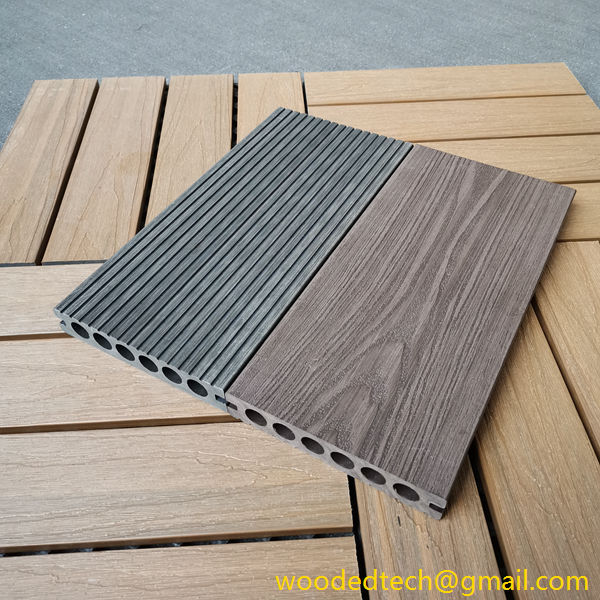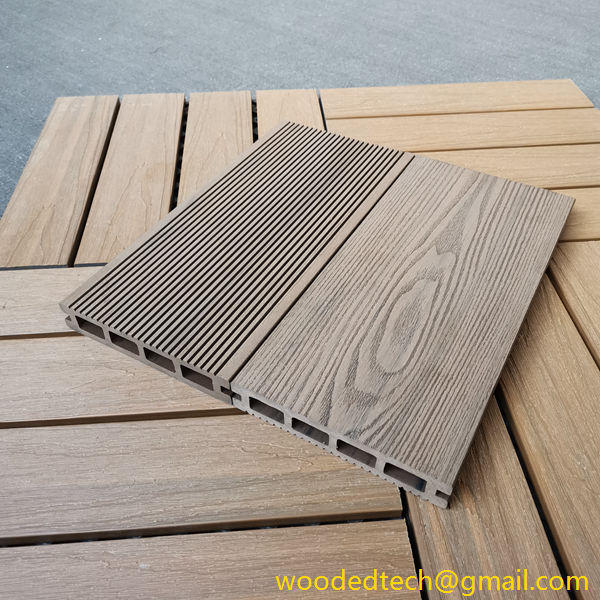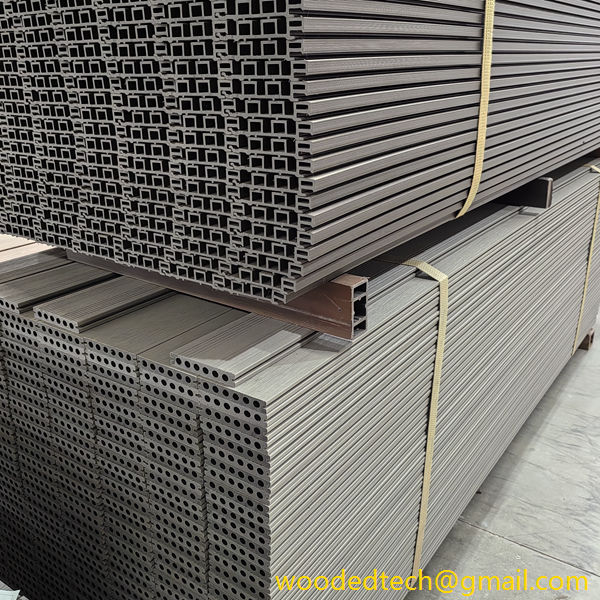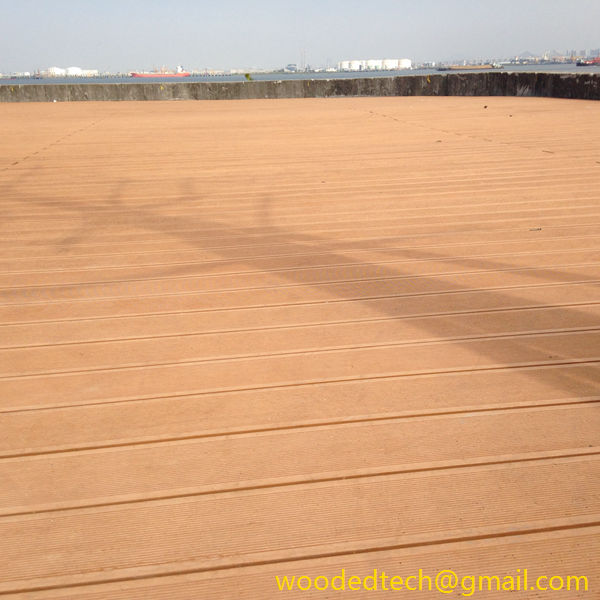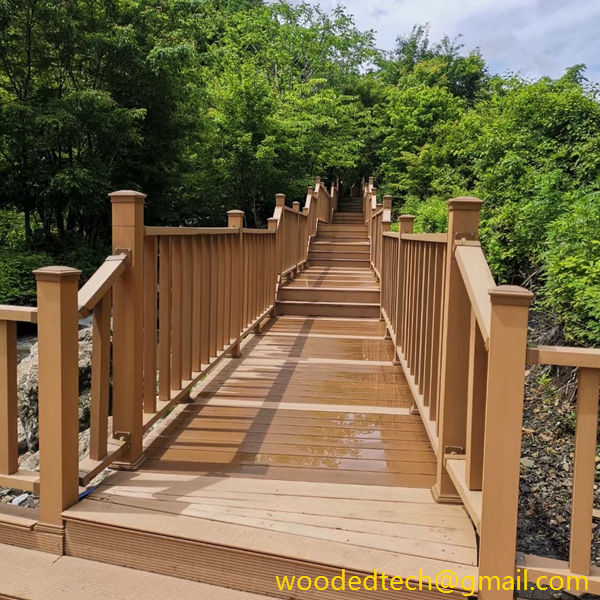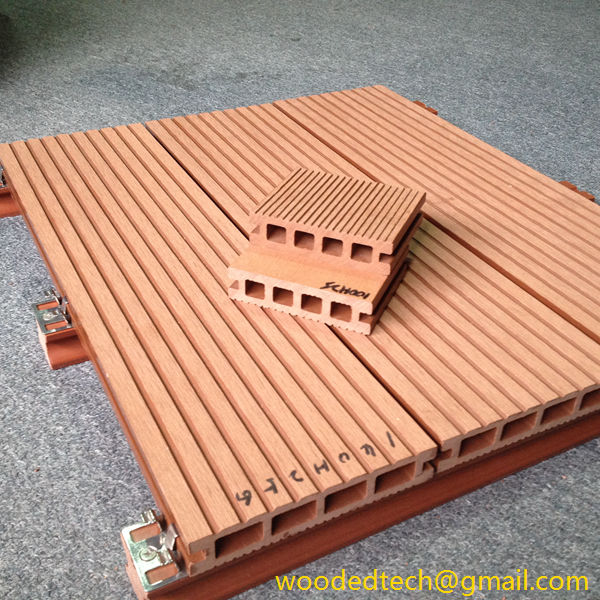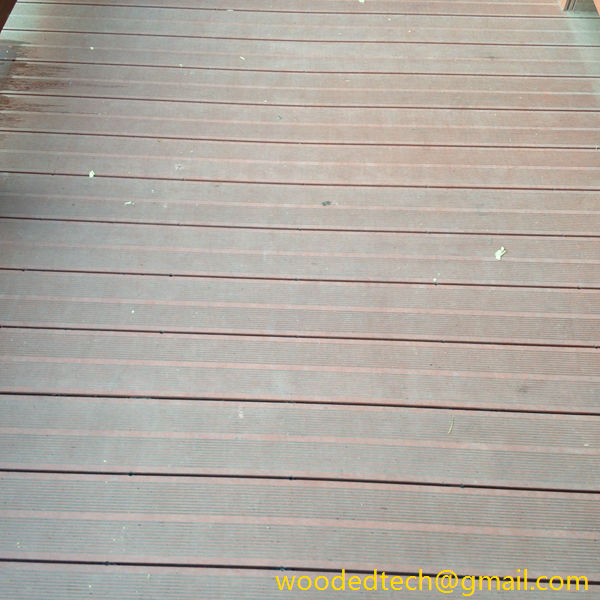Evaluating New Composite Deck Cost for Your Budget
Evaluating New Composite Deck Cost for Your Budget When considering the addition of a composite deck to your property, one of the most significant factors to evaluate is the cost associated with this investment. Composite decking has gained popularity in recent years due to its durability, low maintenance, and aesthetic appeal. However, potential buyers may…
Evaluating New Composite Deck Cost for Your Budget
When considering the addition of a composite deck to your property, one of the most significant factors to evaluate is the cost associated with this investment. Composite decking has gained popularity in recent years due to its durability, low maintenance, and aesthetic appeal. However, potential buyers may find themselves overwhelmed by the variety of material styles and the associated costs. Understanding these aspects can help you make an informed decision that aligns with your budget and lifestyle.
To begin with, it is essential to recognize what composite decking is made of. Generally, composite decking combines wood fibers and plastic, resulting in a material that mimics the appearance of traditional wood while offering superior resilience. The composition of the decking can vary significantly between manufacturers, leading to different price points. Some brands incorporate higher percentages of recycled materials, which can affect both the cost and environmental impact of your deck. Higher-quality composites tend to be more expensive but often come with longer warranties and better performance characteristics.
When evaluating your budget for a new composite deck, it is crucial to consider all the components involved in the project. The cost of the decking material itself is only one part of the equation. You will also need to factor in additional expenses such as labor, permits, and any necessary site preparation. If you plan to hire a professional contractor, labor costs can vary widely based on your geographical location, the complexity of the design, and the contractor’s experience level. It is advisable to obtain multiple quotes to ensure you are getting a fair price.
Another essential consideration is the design and layout of your deck. The size and shape of the deck will have a substantial impact on the overall cost. More complex designs with multiple levels, built-in seating, or unique features will require additional materials and labor. Moreover, if you plan to integrate other outdoor elements such as railings, lighting, or landscaping, these additions can also contribute to the overall cost. It is wise to prioritize your desired features and determine where you can make adjustments to stay within your budget.
When choosing the material style for your composite deck, you will encounter a wide variety of options, each with its unique characteristics and price points. Some composite decking products come with a wood-like finish that offers a natural look, while others are more contemporary with sleek lines and vibrant colors. The aesthetic you choose should reflect your personal taste and complement the existing architecture of your home. Keep in mind that while more aesthetically pleasing options may come with a higher price tag, they can also enhance the overall value of your property.
In addition to aesthetic considerations, it is important to think about the long-term costs associated with your choice of composite decking. One of the major advantages of composite materials is their low maintenance requirements. Unlike traditional wood, which often demands regular staining, sealing, and repairs, composite decking is designed to withstand the elements with minimal upkeep. This durability can save homeowners money over time as they spend less on maintenance and replacement costs. When evaluating the cost of composite decking, consider the long-term savings as part of your overall investment.
Another factor influencing the cost is the warranty offered by the manufacturer. Higher-quality composite decking often comes with extensive warranties that cover issues such as fading, staining, and structural integrity. While these options might have a higher upfront cost, the peace of mind provided by a robust warranty can make them a more economical choice in the long run. It is essential to read the fine print and understand what is covered under the warranty, as well as any specific maintenance requirements that must be followed to keep the warranty valid.
As you explore different composite decking materials, it is also beneficial to consider the environmental impact of your choice. Many manufacturers are now producing composite decking from recycled materials, which can be an appealing option for environmentally conscious consumers. These products may come at a premium price, but opting for sustainable materials can align with your values and contribute to a greener planet.
In summary, evaluating the cost of a new composite deck involves several factors, including the materials chosen, labor costs, design complexity, and long-term maintenance. By taking into account the variety of material styles available, you can select a decking option that not only fits your budget but also meets your aesthetic and functional needs. Remember that while the initial investment may seem significant, the durability and low maintenance of composite decking can offer savings over time, making it a worthwhile consideration for any homeowner. Ultimately, investing in a composite deck can enhance your outdoor living space, increase your property value, and provide years of enjoyment for you and your family.

